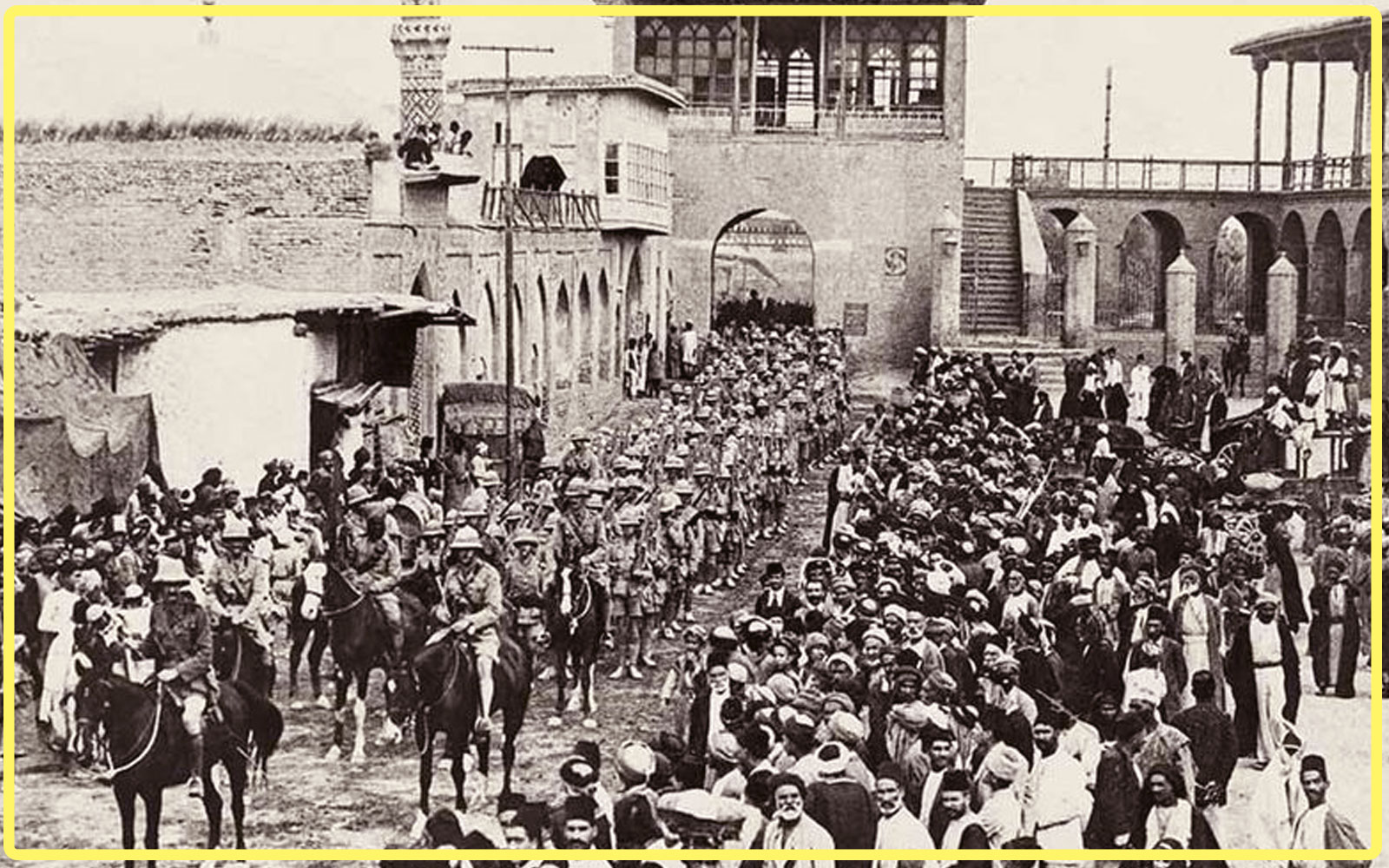The Holy City of Karbala suffered under the rule of the first Elkhani State era from neglect, poverty and lack of services, which was in purpose by the non-Muslim rulers such as the Mongol ruler Hulaku Khan (656-663 Hijri, 1258 AD), Abaka Khan 663-681 Hijri, 1282 AD), and Ahmad Takwadur (681-683 Hijri, 1282 AD), as well as Aghwan Khan (638-690 Hijri, 1291 AD), Kikhano (690-944 Hijri, 1295 AD), and Baidu (694-1295 AD).
The sources did not mention any visit made by those rulers to the holy city of Karbala. And it seems that the reason behind that reluctance was their idolatry religions, that made them aware that they are not welcome in the holy city of Karbala.
When the Second Elkhani era emerged with the arrival of Sultan "Ghazzan" to the throne and the embrace of the Elkhani state to Islam, the situation has changed greatly, as the Mongol Sultan took care of the holy shrines of the prophet Muhammad's household "peace be upon them", especially the shrine of Imam Hussein and his brother Al-Abbas "peace be upon them".
The Sultan "Mahmud" Ghazzan has visited the holy city of Karbala in 696 Hijri,1297 AD, as he officially converted to Islam back there, adhered to the principles of tolerant Islam, and made Islam the official religion of the Elkhani state, as well as he disengaged all connections with the Mongol Empire in Khan Baligh, China.
Two years after the first visit, Sultan Ghazzan visited the city of Karbala again in 698 Hijri, 1299 AD, as he ordered the digging of a river uptown the current city of Hilla, that will take its water from the Euphrates to irrigate the areas surrounding the two holy shrines of Imam Hussein and his brother Al-Abbas "peace be upon them", in addition to the issuance of an order stated that the profits made by the river should be delivered to the poor people and the Alawites descending from the bloodline of Imam Hussein "pbuh".
Source:
The Karbala's Comprehensive Civilizational Encyclopedia, Islamic History Section: by The Karbala Center for Studies and Research Vol.1.

